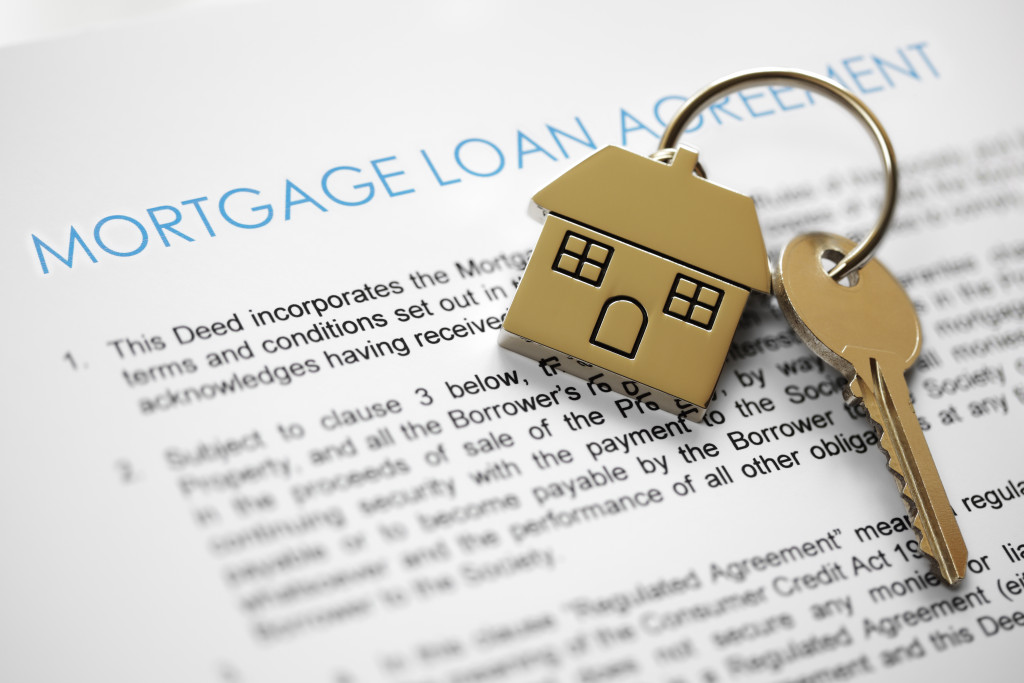If you think now is an excellent time to buy your forever home, you may be wrong, or you may be right. One thing is for sure, though— you’ll need to apply for a mortgage loan. And although many financial institutions can provide you with a home loan, they will all require several varying qualifications before you get approved. You will need to meet these requirements no matter what type of mortgage you’ll apply for. If your credit score is not at par, now may be the time to consider straightening it up.
Besides your credit score, here are some key factors that lenders will look into and can ultimately affect your ability to purchase your dream home.
Your Credit Score
Your borrowing behavior and past payment history have a direct effect on your credit score. If you borrow a lot without paying on time, you can get a low credit score. But if you are wise with your spending, you can get a high credit score.
Lenders will first check your credit score when you apply for a mortgage, making it essential to maintain a credit score that’s not lower than 700. The higher your score, the better chance of your home loan getting approved. The lower your score, the more effort you’ll need to put into getting your score higher first because you’re considered a risky borrower.
However, the personal finance advisor, Motley Fool, advises that if you can’t wait to raise your score, you can opt for government-backed loans. The Veterans Administration (VA) and the Federal Housing Administration (FHA) offer loans with more relaxed credit score requirements. If you’re an eligible borrower, they can also guarantee your loan so that you can prevent financial loss on your part.
On the other hand, you can apply for a standard mortgage from different financial institutions with at least a credit score of 620. This can help you get better mortgage rates. A score lower than this can result in a higher interest rate, which means you’ll pay more for the loan’s entire life.
Fortunately, there are ways to raise your score. Avoid applying for new credit before applying for a loan, make payments on time, and pay outstanding debt—these will increase your credit score.
Your Financial Background

Lenders will also look into your employment history, income, financial commitments, assets, and living expenses to assess if you can afford to pay your mortgage.
Employment history is at the core of your financial background. It is your source of income, which indicates the possibility of you paying or not paying your loan. In fact, all lenders will require proof of employment from you.
Lenders often require at least two years of continued work. If you have gaps in your employment, that can affect your mortgage approval. Why?
For example, if you are arrested for DUI, you’ll serve time in jail or pay fines. This will leave a gap in your employment history that you’ll need to explain to your lender. This also means that your annual household income can be affected, impacting your ability to pay a mortgage. In this case, consult with a DUI lawyer who can help you minimize the effects of a DUI arrest on your purchasing power.
On the other hand, if you don’t have an employer, you should provide proof of business ownership or other sources of income.
Lenders look into your financial commitments to determine how much money you can put aside as payment for your mortgage. They look into outstanding debts, car finance, credit and store cards, and personal loans. They will also look into your living expenses such as child care fees, school fees, and other monthly bills.
The Value and Condition of Your Prospect House
Finally, financial institutions will make sure they’re entering into a good deal. They will have a home appraised and inspected to get its actual value and condition. In fact, according to Investopedia, lenders will not approve a loan that is more than the worth of a home.
For example, if your dream home is appraised for $150,000, but you want to apply for a $200,000 loan, your lender will disapprove of your loan. They may approve it, but only for a percentage of the appraised value.
Knowing this, make sure that the house you’re buying is in good condition before applying for a loan.
Take the Challenge
It’s never easy to get approved for a home mortgage. If you really want your dream home, though, work up to the challenge. Understand the factors above better and do something about raising your financial capabilities.







